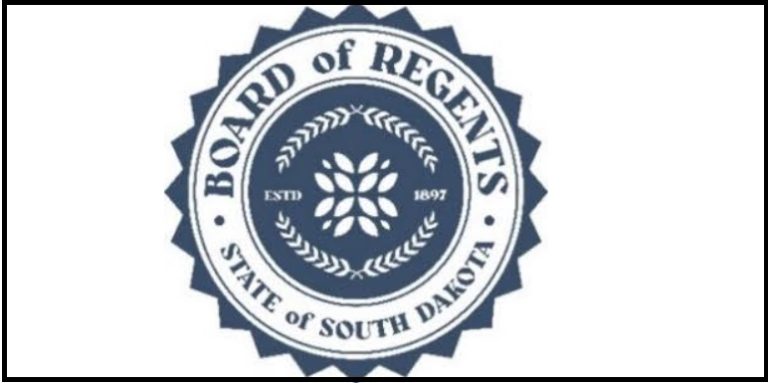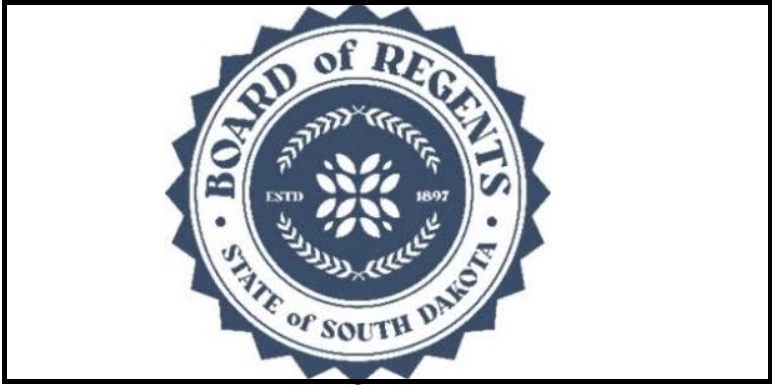MISSION, S.D. (AP) — Victims of abusive, government-backed Native American boarding schools are sharing their experiences as U.S Interior Secretary Deb Haaland continues a yearlong tour to confront the troubled history of the institutions that were forced upon tribes.
During a Saturday meeting at the Rosebud Sioux Reservation in southern South Dakota, tribal members recalled being sent off to schools where the use of their native language and customs would bring swift and sometimes severe punishments.
The stated goal of such schools was to “civilize” Native Americans, Alaska Natives and Native Hawaiians, but that was often carried out through abusive practices.
After her mother died when Rosalie Whirlwind Soldier was just four years old, she was put into a Native American boarding school in South Dakota and told her native Lakota language was “devil’s speak.”
She recalls being locked in a basement at St. Francis Indian Mission School for weeks as punishment for breaking the school’s strict rules. Her long braids were shorn in a deliberate effort to stamp out her cultural identify. And when she broke her leg in an accident, Whirlwind Soldier said she received shoddy care leaving her with pain and a limp that still hobbles her decades later.
“I thought there was no God, just torture and hatred,” Whirlwind Soldier testified during a Saturday event on the Rosebud Sioux Reservation led by U.S. Interior Secretary Deb Haaland, as the agency confronts the bitter legacy of a boarding school system that operated in the U.S. for more than a century.
Now 78 and still living on the reservation, Whirlwind Soldier said she was airing her horrific experiences in hopes of finally getting past them.
“The only thing they didn’t do was put us in (an oven) and gas us,” she said, comparing the treatment of Native Americans in the U.S. in the 19th and 20th centuries to the Jewish Holocaust during World War II.











